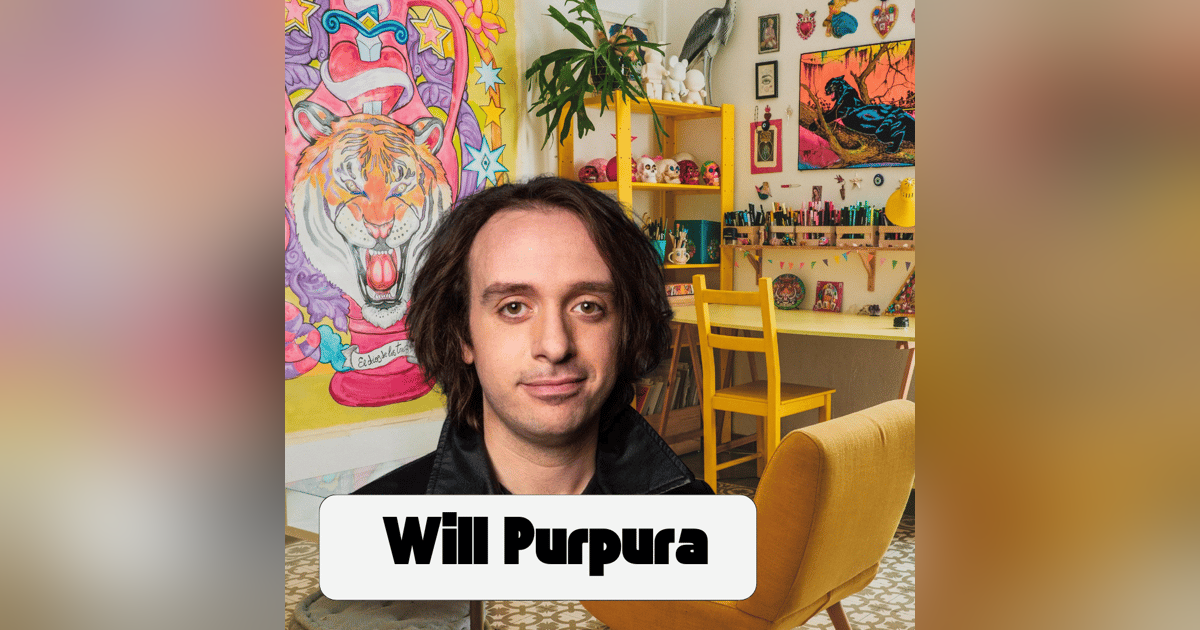Trying New Things, Therapy and Becoming a Comedian with Will Purpura

We're talking about finding the confidence to try (and stick) with new things, meditation, therapy, coming out, relationships, and comedy - a multitude of topics in this episode!
This is my conversation with Will Purpura, a New York based comedian who's been performing all over the east coast for the past eight years.
Will has been featured in the North Carolina Comedy Festival, the Westside Comedy Festival (LA) and the West End Comedy Festival (Atlanta). In 2019, Will was a finalist in both the NC's Funniest competition and Ultimate Comedy Challenge in North Carolina. Will’s jokes have been featured in Points In Case and The Poke (UK).
Chapter Markers:
- 02:55 | Will's Story Getting Into Comedy
- 10:16 | Finding Confidence to do Comedy
- 13:30 | What Will’s Thinking About on Stage
- 14:47 | Transcendental Meditation and Therapy
- 23:16 | Sharing Deeply Personal Jokes Onstage
- 25:33 | Sharing about Coming Out as Bi
- 30:15 | Liberation with Personal Jokes
- 31:12 | Developing a Particular Character Onstage
- 34:50 | Relating to the Crowd
- 39:00 | Getting Over the Idea of Failing
- 40:18 | Crowdwork + the Meisner Technique
- 46:52 | Comedy Blending Into Offstage Life
- 51:15 | Writing Jokes About Dating/ Relationships
- 57:10 | Advice for Anyone Interested in Comedy
Music: High Drama by Matt Large
Follow Will on Instagram: @willpurpura
Follow me on Instagram: @multitudespodcast
You can also find me at:
www.multitudespodcast.com







